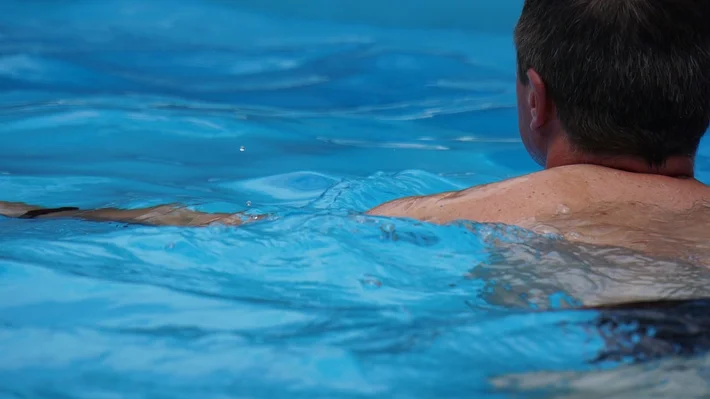
Meet with the best amyotrophic lateral sclerosis (ALS) physical therapists in La Porte, Texas
La Porte, Texas, Luna’s physical therapists have experience designing exercise and stretching routines that are safe, healthy, and comfortable for ALS patients. Our PTs are prepared to provide recommendations and training in the use of the assistive devices most commonly used by ALS patients.
Given that mobility is a common issue for those who suffer from ALS, at-home treatment is commonly sought. With Luna, patients can order physical therapy sessions right from their phone, and your therapist will come to you. At-home physical therapy has never been this convenient. It’s physical therapy, delivered.

What is ALS?
Amyotrophic lateral sclerosis, or ALS, is a progressive neurodegenerative disease and leading cause of disability in the United States. ALS attacks nerve cells in the brain and spinal cord, causing motor neurons to atrophy, destroying the brain’s ability to initiate and control muscle movement.
ALS is sometimes called Lou Gehrig's disease, after the baseball player who was diagnosed with the disease at age 36. Individuals suffering from ALS will eventually lose their ability to walk, eat, drink, or speak. There is no cure for ALS, but medication and physical therapy can help to prolong the patient’s lifespan and improve their quality of life.
Source: The ALS Association

What causes ALS?
About 5 to 10 percent of ALS cases are genetic, however the vast majority are never identified. Suspected potential causes include a gene mutation, a chemical imbalance, a disorganized immune response, or protein mishandling in the nerve cells. None of these suspected causes have as yet been confirmed.
While an exact cause is unknown, there are several established risk factors for ALS. For example, men are more likely to develop the disease, as are patients between the ages of 40 and 60.
Some studies suggest that repeated head trauma or exposure to certain chemicals may increase a patient’s risk of developing ALS. Individuals who have served in the military are also at greater risk of developing the disease.
The most common causes of ALS include:
- Genetics
- Age
- Sex
- Environmental toxin exposure















